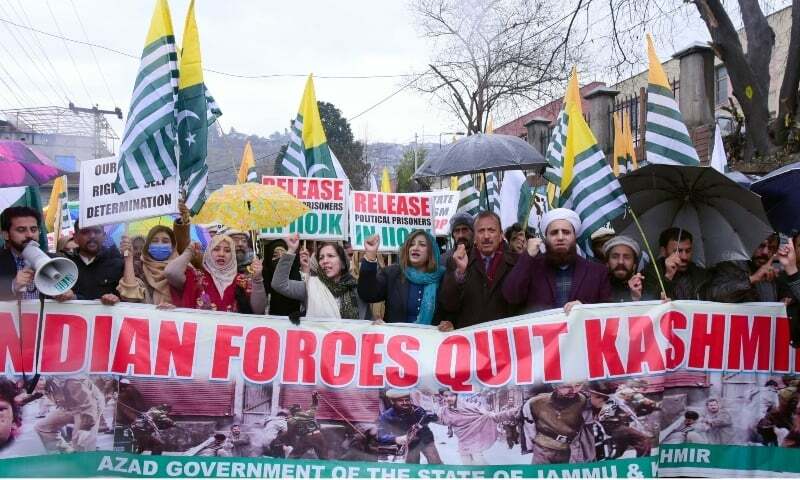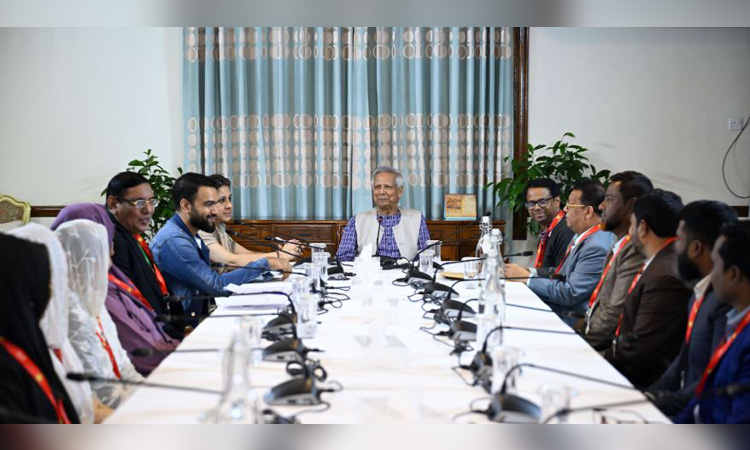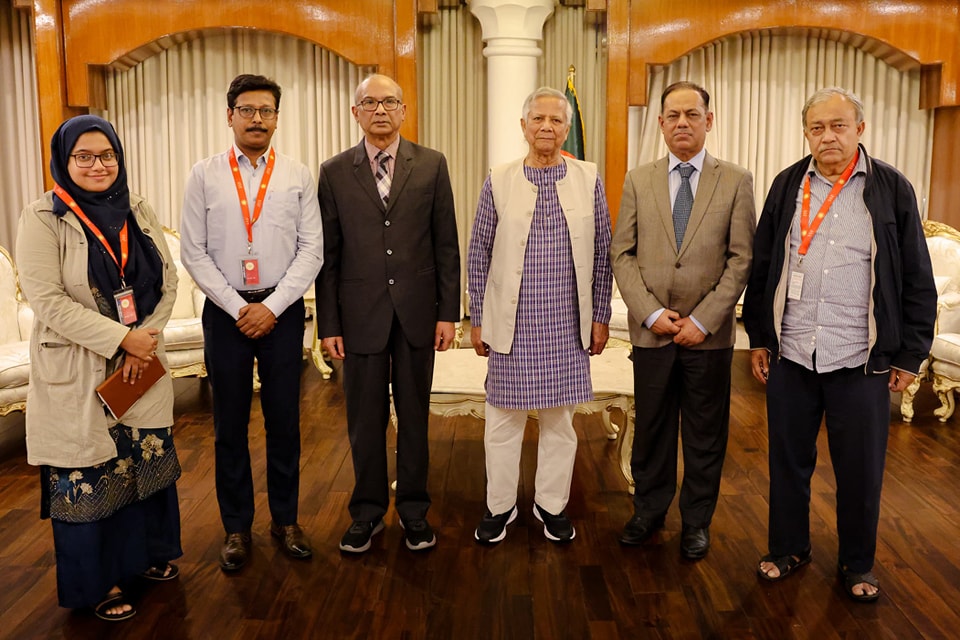
Online Desk: THE recent remarks made by the Indian Army Chief during the 77th Army Day celebrations, where he accused Pakistan of orchestrating violence in Kashmir and emphasized the induction of 15,000 additional troops in 2024, have sparked significant reactions, particularly from Pakistan. While the situation in Kashmir is undeniably complex, it is important to address the issue within the broader historical context, international commitments and the necessity for a peaceful resolution that prioritizes the rights and aspirations of the Kashmiri people.
The Kashmir dispute is not merely a military issue but a deeply political and human rights issue rooted in the promises made at the time of India’s partition and the subsequent accession of Jammu and Kashmir to India. The Government of India (GOI) has committed itself to a UN-supervised plebiscite in Kashmir, as outlined in the United Nations Security Council (UNSC) Resolution 47. The resolution calls for a fair and free process where the Kashmiri people can determine their future. This commitment was reaffirmed at the 230th meeting of the UNSC in 1948, which outlined the role of Indian forces in the region as supplementary and temporary, tasked only with ensuring law and order.
However, the ongoing militarization of the region—especially the recent induction of an additional 15,000 troops in 2024—directly undermines the spirit of these original agreements and international resolutions. The heavy military presence today stands in stark contrast to the intent of UNSC Resolution 47, which sought restraint in the appearance, number and stationing of forces in the region to avoid exacerbating tensions and to promote a peaceful resolution.
Britain’s Acknowledgment of the Insurgency and Diverse Stakeholders: During the 251st meeting of the UNSC, Britain acknowledged the continuation of the insurgency in Kashmir and pointed out that the conflict involves not just India and Pakistan but also six distinct interest groups within Kashmir itself. These groups—representing various political, social and ethnic constituencies—have long been anchored in the belief that the UN-supervised plebiscite is the ultimate solution. Their expectations, based on international commitments, have shaped the political discourse surrounding the Kashmir issue for decades.







